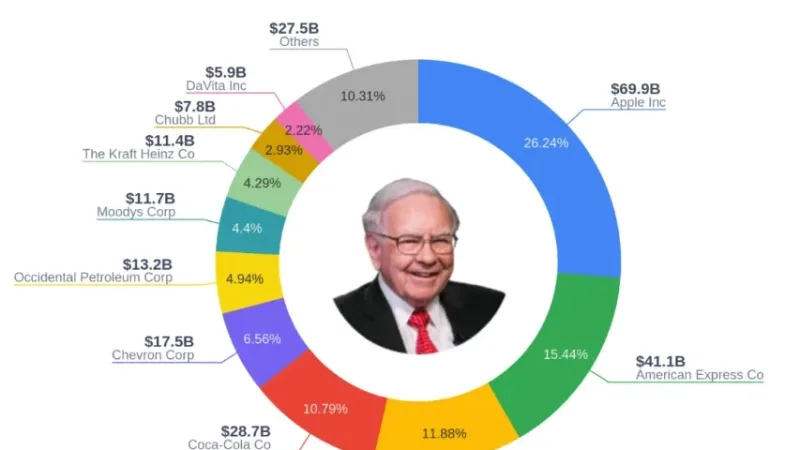Global Shock: Trump Slaps 104% Tariff on Chinese Imports — What It Means for Americans

In retaliation, Beijing has vowed to “fight to the end,” condemning the U.S. actions as coercive and unjust. This tit-for-tat escalation has raised concerns about a full-scale global trade war, with potential repercussions for international markets and economies. The White House remains steadfast, with Press Secretary Karoline Leavitt stating that President Trump “has a spine of steel and he will not break.” The Guardian+1The Guardian+1
Impact on Financial Markets
The announcement has already sent shockwaves through financial markets. The S&P 500 dropped 1.6%, while the Nasdaq fell 2.2%, reflecting investor anxiety over the escalating trade tensions. Global indices have also experienced volatility, with short-lived rebounds failing to stabilize the market. The Guardian
Domestic Opposition and Legal Challenges
Domestically, the tariffs have faced opposition from various quarters. Billionaire entrepreneur Elon Musk has reportedly urged President Trump to reconsider the sweeping tariffs, highlighting potential negative impacts on American businesses and consumers. Additionally, the New Civil Liberties Alliance, a libertarian group, has filed a lawsuit challenging the legality of the tariffs, arguing that they exceed the president’s authority. The Guardian
Broader Trade Measures
Beyond China, the Trump administration has targeted other trading partners with significant tariffs:The Guardian+3Spokesman-Review+3Kiplinger.com+3
-
European Union: 20% tariffs imposed on various goods.The Guardian
-
India: 26% tariffs introduced.
-
Cambodia: 49% tariffs applied.The Guardian+1The Guardian+1
These measures underscore the administration’s aggressive stance on reshaping global trade relationships to favor American interests.
Economic Outlook
Treasury Secretary Scott Bessent has indicated that the tariffs have reached “maximum” levels but expressed optimism about future negotiations leading to more favorable trade deals. However, economists warn that prolonged trade disputes could lead to increased consumer prices and potential economic slowdowns both domestically and internationally. The Guardian
Conclusion
The imposition of a 104% tariff on Chinese goods marks a pivotal moment in U.S. trade policy, reflecting President Trump’s commitment to an “America First” economic agenda. As the situation develops, stakeholders across industries and governments worldwide will be closely monitoring the impacts of these tariffs on global trade dynamics and economic stability.





